The threat posed by space junk (space debris) is growing — and the window for mitigating it is closing. Experts say the U.S. hasn’t done enough to combat the growing problem.
Why it matters: Companies like SpaceX are working to launch hundreds of small satellites to already crowded orbits. Even if just a small percentage of them fail, it could put other satellites in danger, costing companies and governments millions of dollars and making parts of space unusable.
- The space junk problem “shares many of the same challenges with climate change,” the Secure World Foundation’s Brian Weeden told Axios. “You’re asking for people to bear some additional cost and restrictions now to forestall much bigger problems in the future.”
Where it stands: The defense department tracks more than 20,000 pieces of space junk and operational satellites, but there are millions of other small pieces of debris that slip under the radar and could threaten assets in orbit.
- Two years ago, President Trump signed Space Policy Directive-3 (SPD-3), triggering a reorganization of how the U.S. tracks space junk and satellites, with plans to house it within the Department of Commerce instead of the Department of Defense.
- That change was designed to allow the commerce department to leverage private companies that are tracking satellites and space debris to create a more accurate — and accessible — database of tracking data.
- However, Congress has yet to allocate the additional funding to make the changes outlined in the directive.





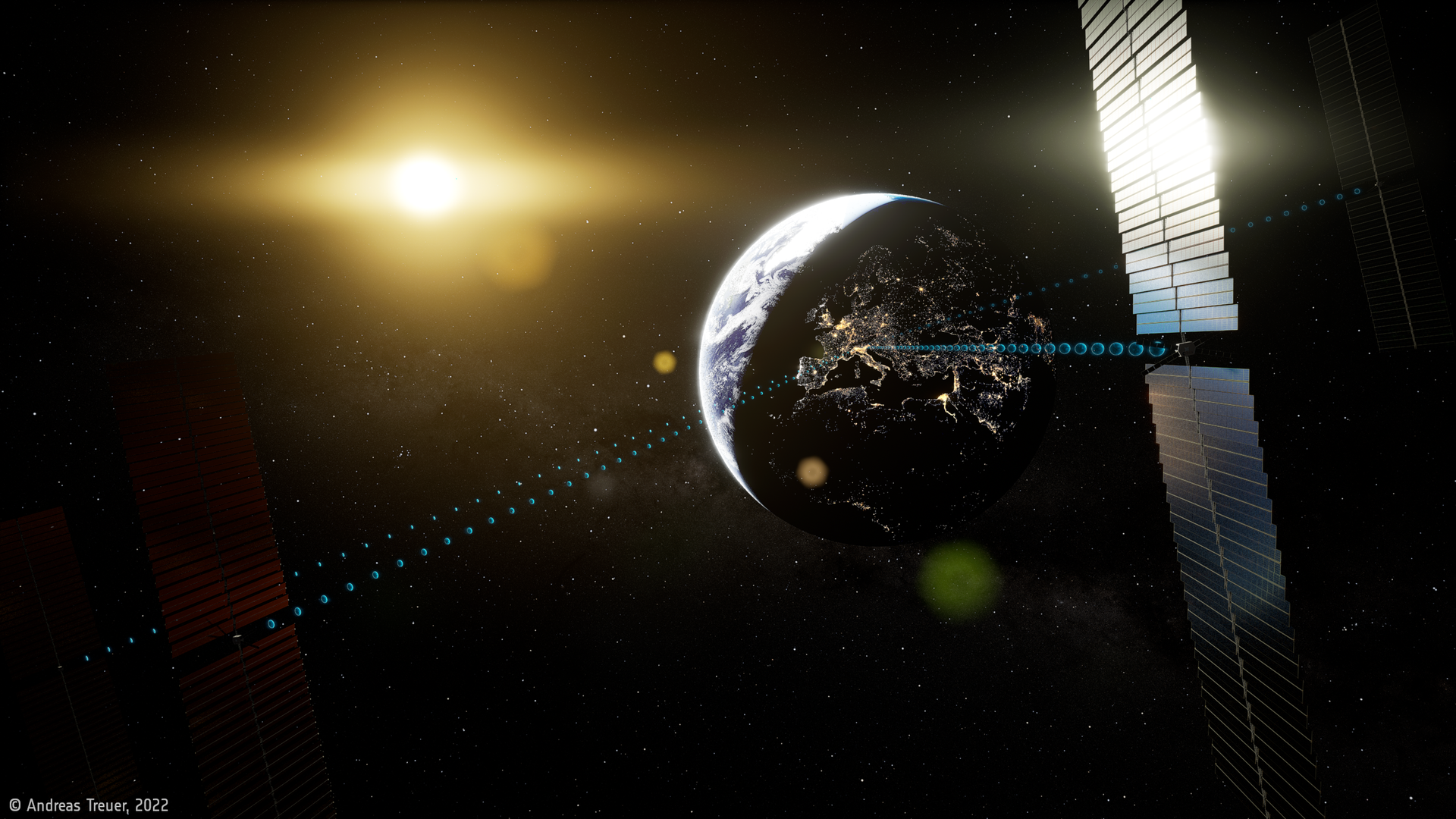


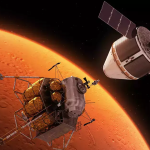


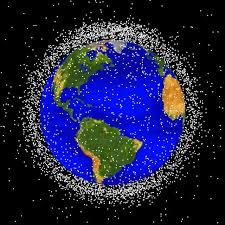









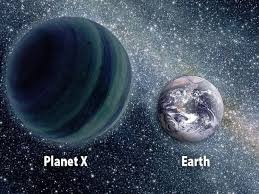

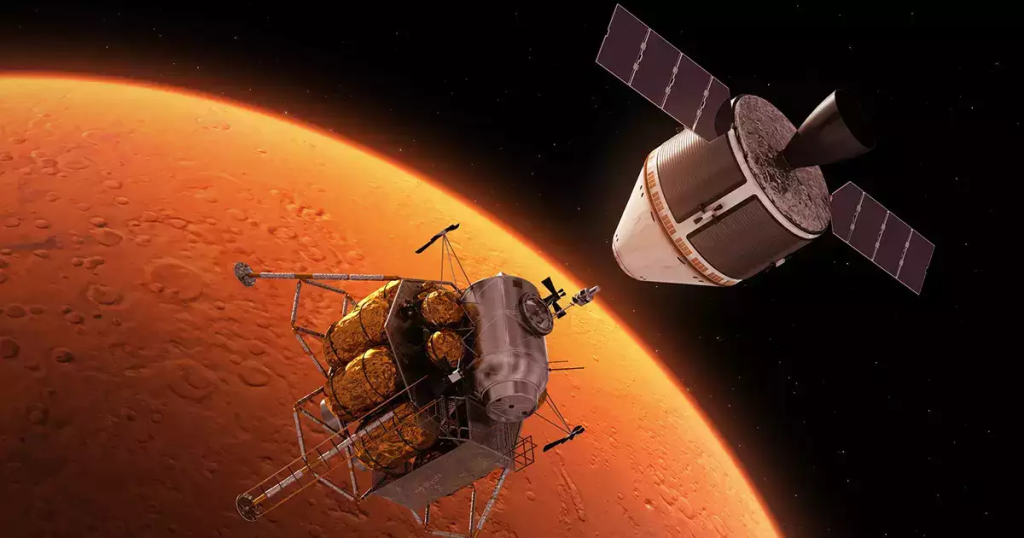
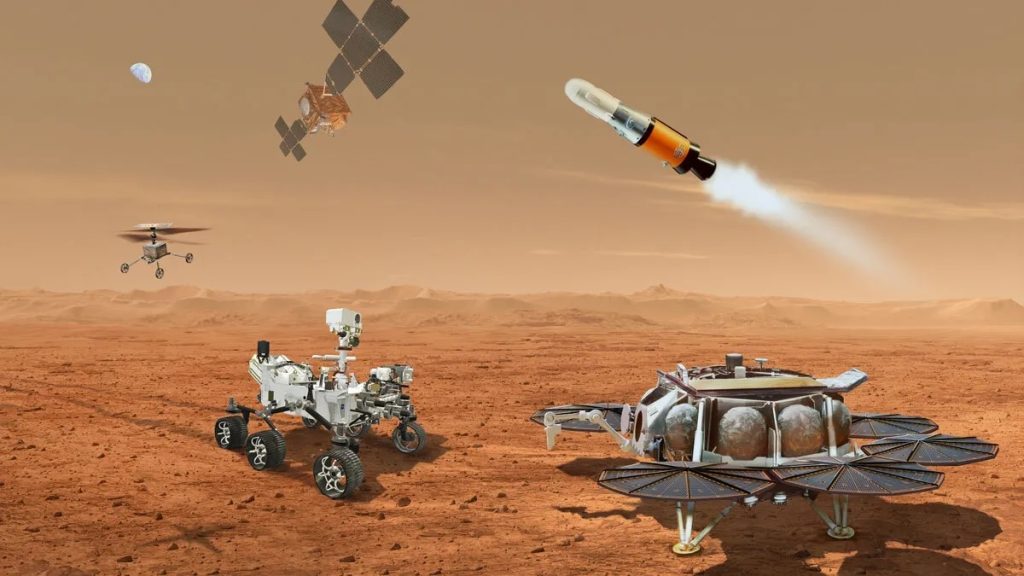

Add Comment